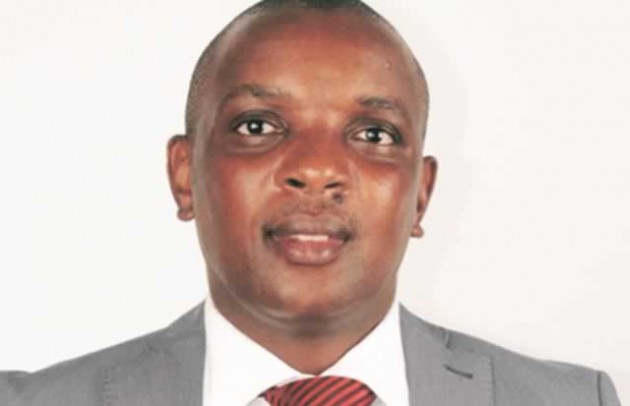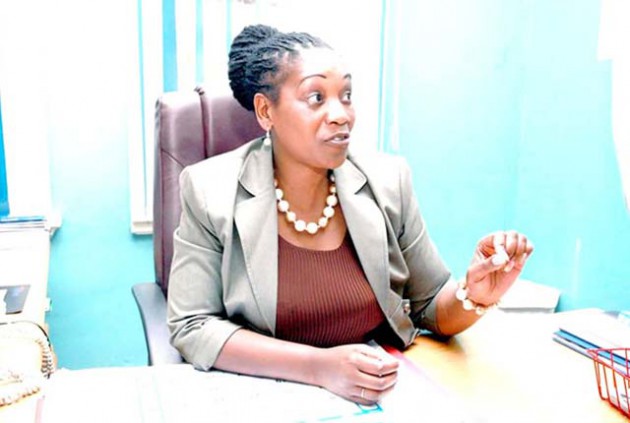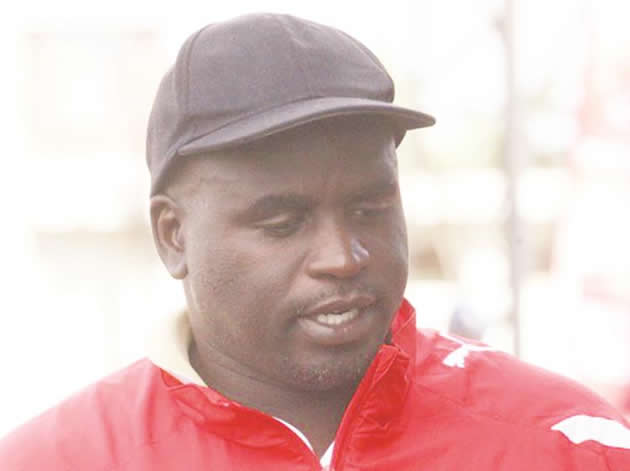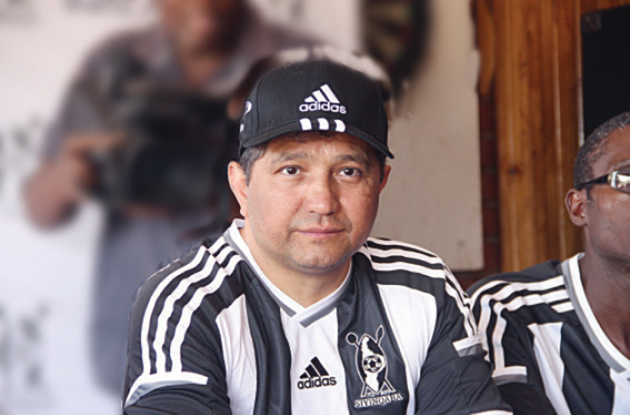COMPARE and CONTRAST


Edzai Kasinauyo
Sports Reporter—
FIFA’S decision on Monday to swiftly confirm, and extend worldwide, the two-year ban imposed on Equatorial Guinea Football Association vice-president Gustavo Ndong Edu for match-fixing has thrown the spotlight on the validity of the sanctions handed out by ZIFA in the LIMPOPOGATE scandal. There is growing concern the punishment pronounced by ZIFA, who slapped two individuals with life bans, handed 10-year bans to a further two individuals and imposed a five-year ban on former Warriors assistant coach Nation Dube, could turn out to be largely academic without endorsement from FIFA.

Ian Gorowa
Former Warriors’ coach Ian Gorowa, handed a 10-year ban by ZIFA for allegedly being part of a cartel that was manipulating Super Diski games and, which intended to fix the Warriors’ 2017 Nations Cup qualifiers against Swaziland, has dismissed the sanctions and, without FIFA’s endorsement, he continues to work in South African football. Former ZIFA chief executive Henrietta Rushwaya was slapped with a life ban, the same punishment that was handed to the association’s former programmes manager, Jonathan Musavengana, who has relocated from this country, while Edzai Kasinauyo, a former player who made his way onto the ZIFA Board, received a 10-year ban from the game.

Henrietta Rushwaya
The sanctions were endorsed by the ZIFA Assembly at the meeting of the councillors in Harare on June 4 with long-serving councillor Owen Chandamale proposing the endorsement which was duly seconded and handed out to the five individuals.
Almost two months later, the sanctions imposed by ZIFA are yet to be endorsed by FIFA, as should be the norm in such sensitive cases given the world football governing body’s zero tolerance on match-fixing, and this means that they are only enforceable — as of now — in this country.

Nation Dube
It means that someone like Dube, who was thrown out of his job at Hwange where he was head coach after ZIFA enforced the ban on him, can go to Botswana and coach a team in that country given that the sanctions, as of now, are only restricted to this country.
But, with FIFA swiftly acting on Monday to endorse sanctions that were imposed on one of the leading football administrators in Equatorial Guinea, businessman Gustavo Ndong Edu, for a similar match-fixing offence, and extending the two-year ban handed by CAF only last week, worldwide, the spotlight has been thrown on the ZIFA sanctions.
A number of questions are now being asked: Why was a punishment, in a match-fixing case, handed out just a week ago attract the endorsement of FIFA, who extended it worldwide, while severe sanctions, including two life-bans, for a similar crime, imposed about two month ago, have not yet received the endorsement of the world football governing body?
Does this suggest, as Gorowa and Kasinauyo have been publicly arguing, a fundamental flaw in the way ZIFA carried out their exercise, culminating in the punishments that were imposed on the five individuals, and this could be impacting on the possible endorsement of the sanctions by FIFA?
Why has this case, which appeared so explosive at the beginning that it even attracted the interest of South Africa’s crack crime-fighting unit, the Hawks, who sent representatives here to look at the evidence which was in the possession of ZIFA officials, suddenly lost its steam across the Limpopo and proceedings, which included charges brought on a number of individuals by the Premier Soccer League, halted in midstream?
In sharp contrast, FIFA released a statement on Monday, endorsing a two-year ban imposed on Edu by CAF, just two weeks ago, for trying to manipulate a 2016 Africa Women Cup of Nations qualifier by bribing a referee.

Gustavo Ndong Edu
“FIFA can today confirm the worldwide extension of the two-year ban, starting on 10 July 2016, that was imposed on the vice-president of the Equatorial Guinea FA, Mr Gustavo Ndong Edu, by the CAF Disciplinary Board on 9 July 2016 for attempts to offer money to the match officials of the Africa Women’s Cup of Nations qualifier between Equatorial Guinea and Mali on 10 April 2016,” FIFA said in a statement.
“The chairman of the FIFA Disciplinary Committee has decided to extend the two-year ban from taking part in any kind of football-related activity in accordance with Art. 78 par. 1(c) and Art. 136ff of the FIFA Disciplinary Code. The relevant parties have been duly notified of the chairman’s decision.
“Members of the media with questions relating to the substance of the decisions are kindly requested to contact CAF. FIFA will continue its ongoing efforts to combat match manipulation through a variety of initiatives, which include the monitoring of international betting markets via FIFA’s subsidiary Early Warning System (EWS) and a confidential reporting system with a dedicated integrity hotline and e-mail address.”

Sepp Blatter
Two weeks ago, CAF banned Edu for match-fixing and slapped him with a $25 000 fine. Equatorial Guinea beat Mali 3-2 on aggregate. Last year, Edu was one of the leading Equatorial Guinea Football Association leaders who met the then FIFA president Sepp Blatter.
“During our meeting with the FIFA officials, we’ve transmitted the government’s desire to host in our country a conference of the governing body of world football, a request that has been annotated on the agenda, as they are very satisfied with the result of the recent African Cup of Nations in Equatorial Guinea,” the Equatorial Guinea Football Association president, Andres Jorge Mbomio, said then.
The Equatorial Guinean delegation then travelled to Madrid, Spain, for other commitments.









Comments